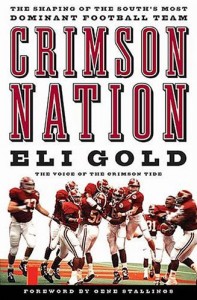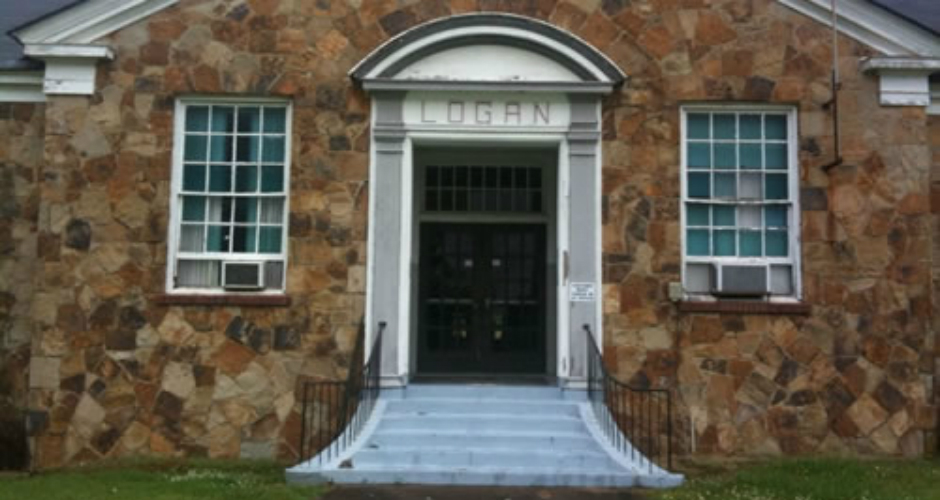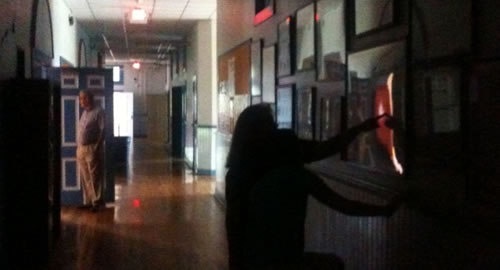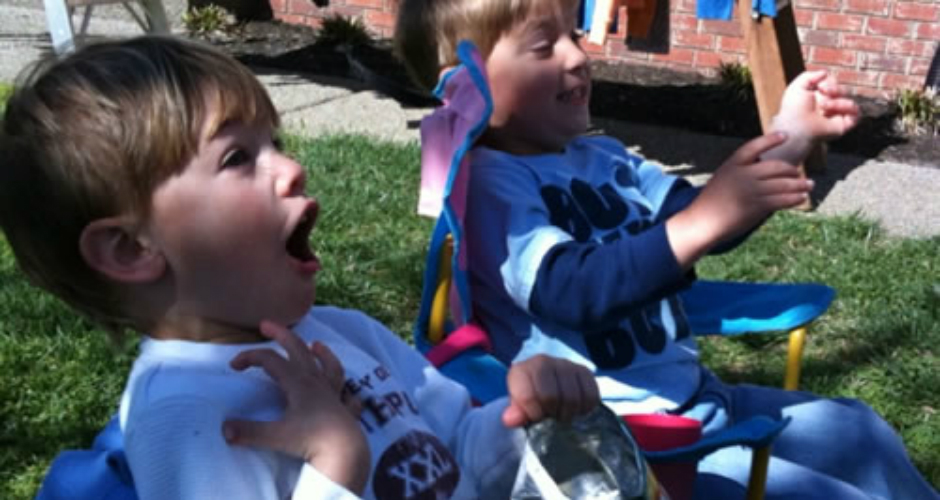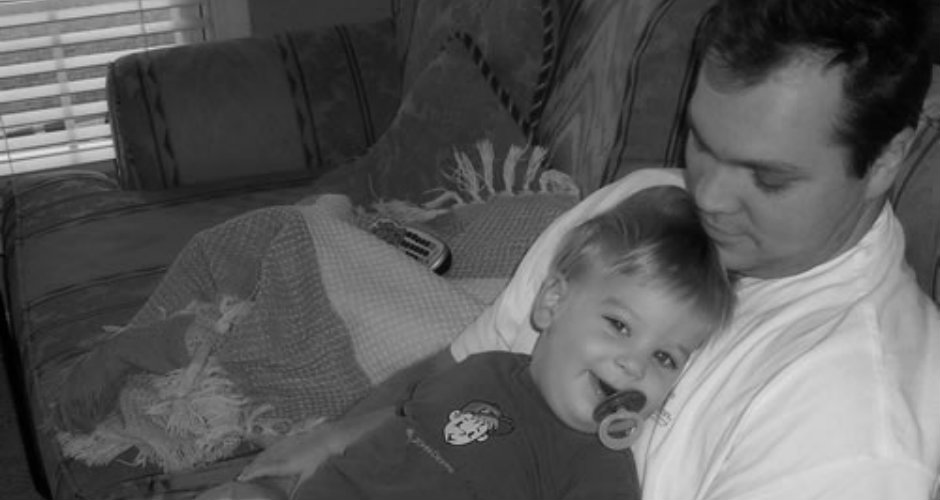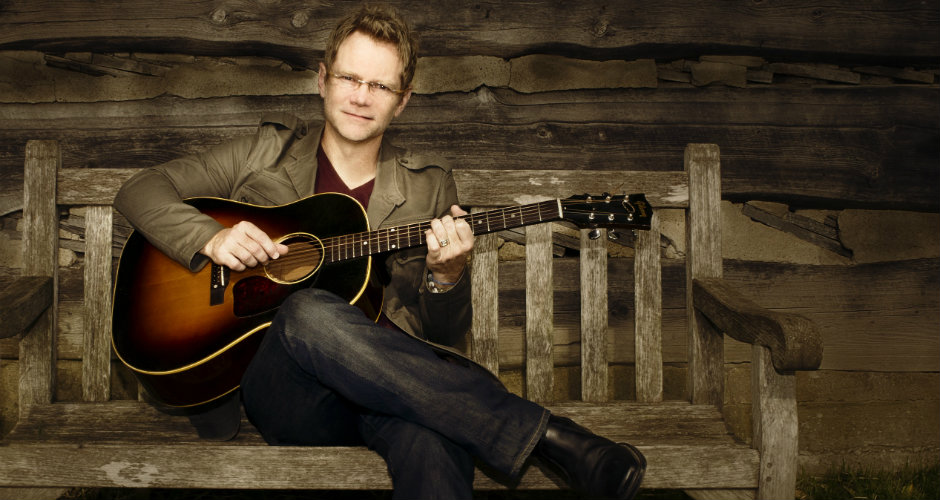Have Mercy On Me, A Tax Collector
Daily Reading:
Matthew 9:9-13 | Mark 2:13-17 | Luke 5:27-32
Key Verse:
[readolog_blockquote ]When the Pharisees saw this, they asked the disciples, “Why does your Teacher eat with tax collectors and sinners?” Matthew 9:11[/readolog_blockquote]
Devotion:
Next month, I visit my accountant to file my 2012 tax return. He’s very good at his job, and he seems to somehow enjoy it, which I can’t help but find a little strange.
Each year, I sit across the desk from this guy and wonder how he does it. Not that my taxes are that difficult. But there’s no way around the fact that he’ll have the unenviable task of telling someone (hopefully not me) that Uncle Sam needs more from them this year than they anticipated.
If beautiful are the feet that bring good news, how ugly are the ones that deliver a big, fat tax bill? Consider, for a moment, what it might be like if those people had to pay him directly for their taxes. Better yet, what if he raised the amount so he could keep a little (or a lot) for himself?
To take it one step further, what if his very existence was their constant reminder of an occupying government that took their freedom and used him, a traitor to his own people, to make their lives as miserable as possible? That would make next month’s appointment much less enjoyable.
The Bible tells us about a guy just like that. His name was Matthew. And he was a disciple.
It’s not at all unlike God to use the most human of people to do the most heavenly of things. In our weakness, His strength is made perfect. So He uses people who are at the end of themselves to begin the things that only He can do.
The Pharisees in this story didn’t get that email. They were all about their own strength. And they had lots of rules to prove it. Spiritual acts like sacrifice were less about obeying God and more about showcasing their knowledge and capacity to keep the law. They were spiritual rock stars, not at all like that slacker guy Matthew and his sinner friends at the tax booth. Boo!
I guess that’s why, in Matthew 9:11, they thought it strange to find Jesus kicking back and breaking bread with half of the Roman IRS. Matthew was throwing a dinner party for Jesus. He’d even called a few buddies over and introduced them to his new friend.
So the Pharisees asked the disciples (not Jesus directly), “Why does your Teacher eat with tax collectors and sinners?”
In all three Gospel accounts of this story, we see Jesus offer a fairly straightforward response when the Pharisees question his association with these people. “Those who are well don’t need a doctor, but the sick do,” Jesus said.
Okay, fair enough. The Pharisees could sort of get this one. To say the tax collectors and sinners were spiritually sick was not out of bounds with their way of thinking. But in Matthew’s account, Jesus takes it a step further. “Go and learn what this means,” he begins. “I desire mercy and not sacrifice.”
This is my new favorite part of the story. “Go and learn what this means” was what a rabbi of that time would say when he quoted a text. In other words, “Take what I say and go think about what God is telling you.” By saying this to the Pharisees, Jesus was speaking to them as an authority.
What text was he quoting? Hosea 6:6: “For I desire loyalty (mercy) and not sacrifice, the knowledge of God rather than burnt offerings.”
So why does God value mercy for a sinner over the sacrifices of a saint? Perhaps it’s the same reason we might rejoice at the healing of someone who is terminally ill over the continued well-being of someone who is healthy. “Those who are sick don’t need a doctor, but the sick do.”
Enter Matthew, or Levi as he was known in Hebrew circles. Who better to tell us this part of the story than the one who experienced the miraculous mercy of Jesus first-hand?
Matthew most likely had no idea how his life would change when he left for work that morning. But what started out as just another ordinary day at the tax booth ended when Jesus uttered two words, the same two words that have been changing lives ever since. “Follow me.”
Jesus continued, “I came not to call the righteous, but sinners.” The Bible says there’s no one who’s righteous, no not one. I’m guessing the Pharisees weren’t counting themselves among the tax collectors and sinners. But in reality, their question could’ve been rephrased to ask, “Why does your Teacher eat with us?”
Reflection Questions
Does mercy have a seat at our table? Or have we made our own rules about who can and can’t join us for dinner?
Are we prepared to accept others as Jesus accepts them, without condition? Or have we exchanged mercy for something more comfortable and less controversial?
Lastly, when He asked us to follow Him, did we consider the places He might go?

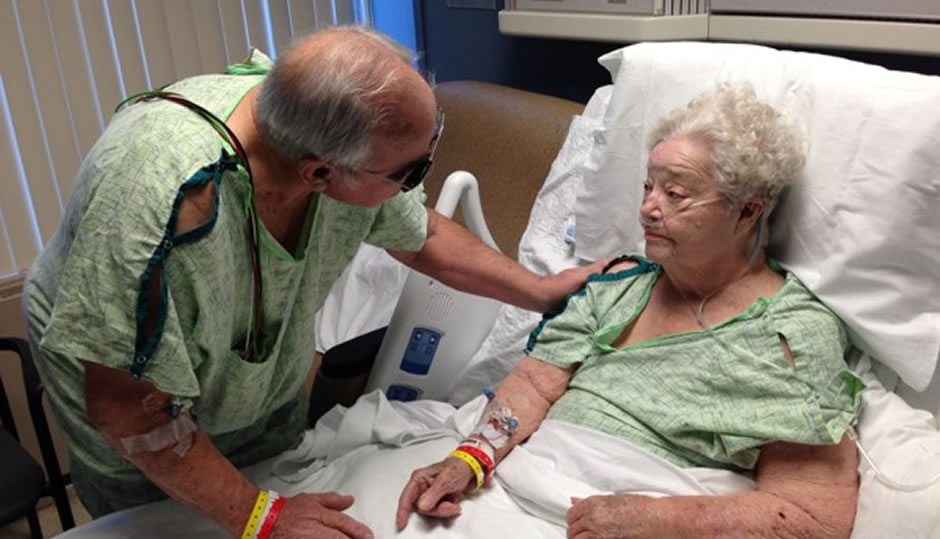
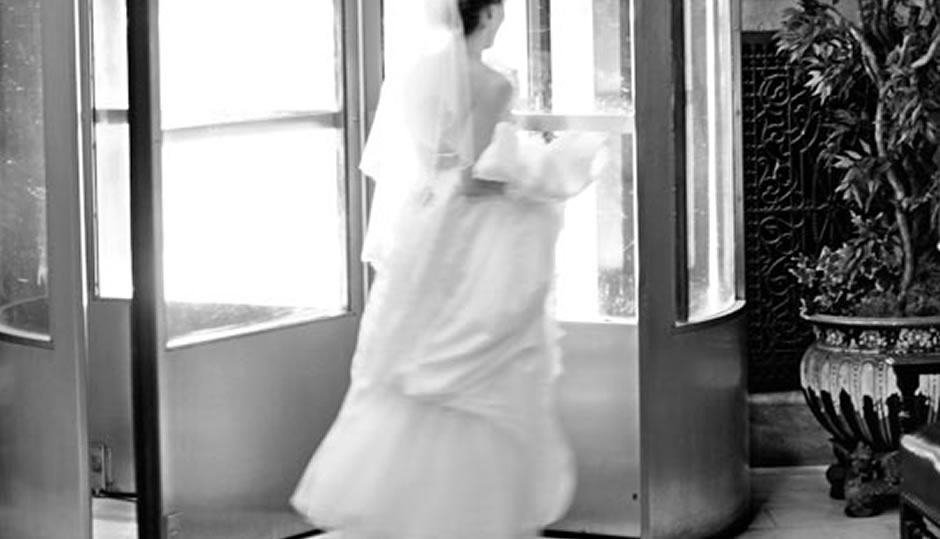
 Just over 18 years ago . . .
Just over 18 years ago . . .
 Arab was not a large city. I don’t believe it is now either. But at the time of my childhood, we boasted a population of approximately 8,000 people. As it turns out, 2005 estimates place it around 7,500. So it seems we might have been a bit ambitious some two decades ago.
Arab was not a large city. I don’t believe it is now either. But at the time of my childhood, we boasted a population of approximately 8,000 people. As it turns out, 2005 estimates place it around 7,500. So it seems we might have been a bit ambitious some two decades ago.
